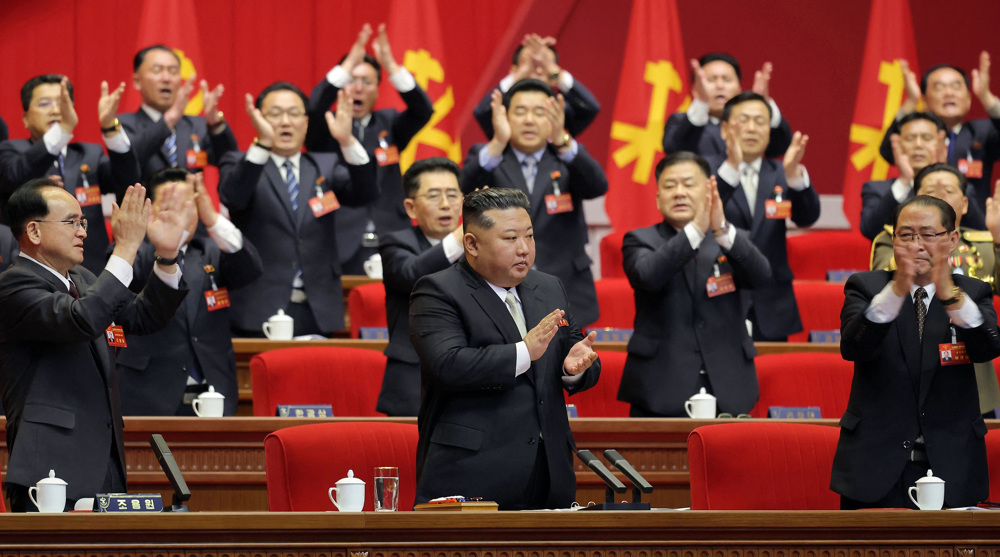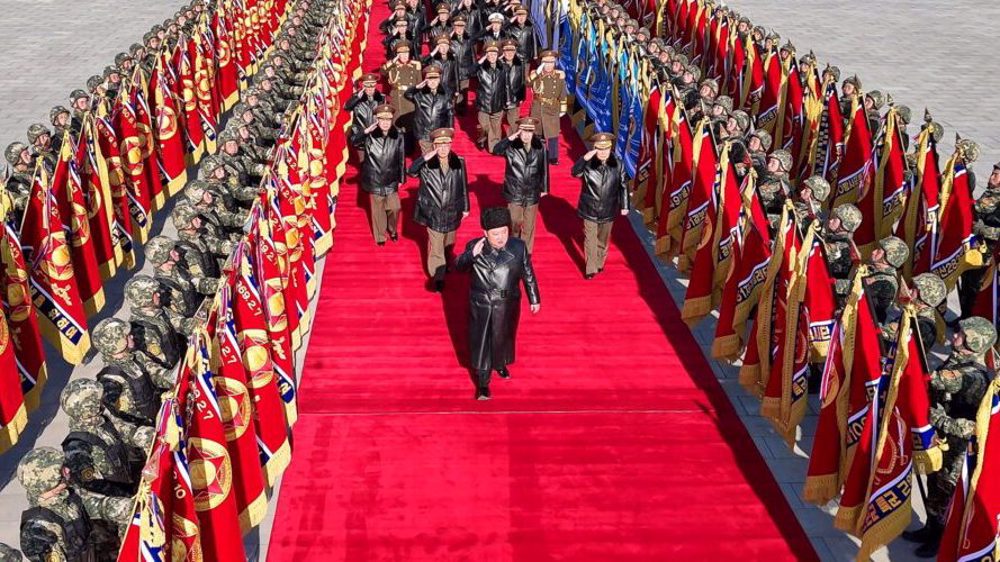UNSC deplores N Korea’s latest unsuccessful missile test
The United Nations Security Council (UNSC) has denounced North Korea’s reported unsuccessful test-firing of a missile, warning that it could take further punitive measures against Pyongyang.
In a statement issued on Friday, the 15-member council “strongly condemned” the launch, adding that the move “constituted a clear violation” of UN resolutions although it ended in failure.
The council further noted that it would closely monitor the situation and was ready to "take further significant measures" against North Korea.
The United States and South Korea said on Friday that Pyongyang had failed in its attempt to launch what was believed to be an intermediate-range ballistic missile.
The launch came on North Korea’s so-called Day of the Sun, which marks the birthday anniversary of the country’s founding leader Kim Il-sung, the grandfather of current leader Kim Jong-un.
Pyongyang has not made any comments on the Friday reports so far.
North Korea launched a long-range rocket in February, which according to Pyongyang was aimed at placing an earth observation satellite into orbit. However, Washington and Seoul described the practice as a cover for an intercontinental ballistic missile test.
Pyongyang declared itself a nuclear power in 2005 and carried out four nuclear weapons tests in 2006, 2009, 2013 and 2016.

In March, the UNSC unanimously approved the toughest sanctions on North Korea in two decades over its missile and nuclear tests.
Chinese state media censure N Korea missile test
In another development on Friday, China’s official Xinhua news agency said in an English language commentary that the firing of a mid-range ballistic missile, though failed, “marks the latest in a string of saber-rattling that, if unchecked, will lead the country to nowhere.”
“... Nuclear weapons will not make Pyongyang safer. On the contrary, its costly military endeavors will keep on suffocating its economy,” the commentary added.
North Korea has pledged to develop a nuclear arsenal in an effort "to protect itself from the US military", which occasionally deploys nuclear-powered warships and aircraft capable of carrying atomic weapons in the region.
Washington also holds joint military maneuvers with Seoul, which Pyongyang views as preparations for war and a direct threat against its security.
Trump denies rift with top officer over potential Iran aggression
VIDEO | Gaza bakery supports displaced families ahead of Ramadan Iftar
France blocks US ambassador from ministerial meetings after summons no-show
Around 20 govts. warn Israel secretly annexing West Bank
Iran pursuing broader cooperation with African nations: Pezeshkian
Israeli minister threatens to seize entire Gaza if Hamas refuses to disarm
VIDEO | Gaza teacher starts ‘Little Wings’ initiative to bring joy to kids
Spanish FM urges firmer EU stance on Gaza crisis, West Bank settlement expansion















 This makes it easy to access the Press TV website
This makes it easy to access the Press TV website